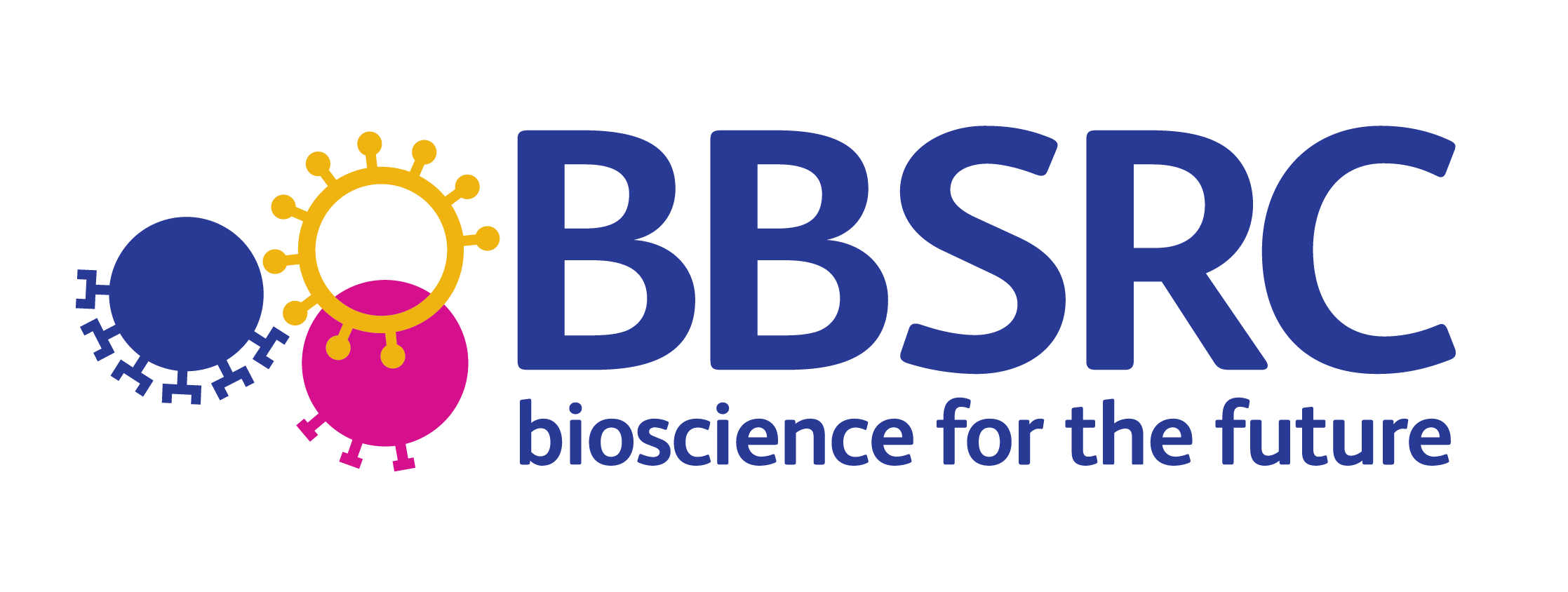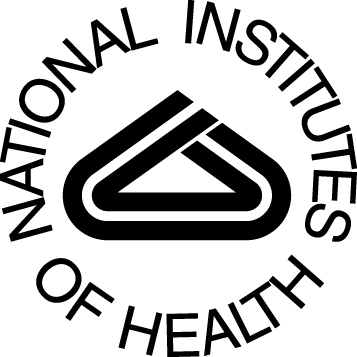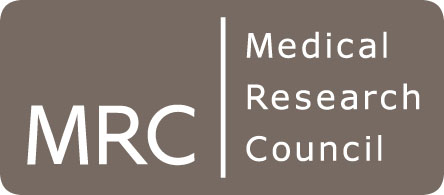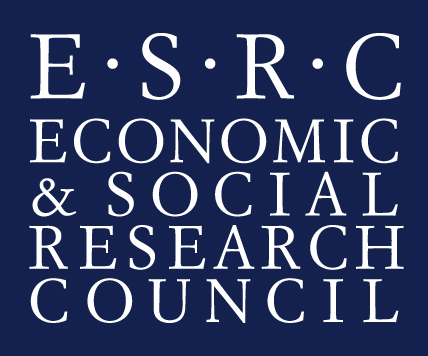Prof. Ananiadou gives talk as distinguished speaker in the Women in AI speaker series
2023-03-28
On 28th March 2023, Prof Sophia Ananiadou, director of NaCTeM, was invited to give a talk entitled Natural language processing for biomedicine as a distinguished speaker in the Women in AI speaker series.
Women in AI is a six-part virtual speaker and mentorship series developed by the Schwartz Reisman Institute for Technology and Society in collaboration with Deloitte that connects a global audience with a diverse group of female thought leaders in the field of AI research. The Women in AI series convenes leading female AI researchers to share knowledge and mentorship opportunities through seminar events that promote opportunities for women across the technology sector. Participants will explore how women are leading the development of new technologies and approaches, and investigating emerging trends across the sector. The series provides insights into cutting-edge research, bold points of views, and help business and community leaders elevate diverse voices while promoting opportunities for women to share their perspectives
Talk Abstract
Making sense of the growing literature across a wide range of research domains requires methods that will increase the speed and reliability of knowledge discovery. Moreover, due to the proliferation of scientific databases and ontologies, discovery of previously unknown knowledge demands that scientists engage with many resources, covering different levels and views of (multiple) domain spaces in context (e.g., degree of confidence in a finding). With the availability of large pre-trained transformer language models, neural natural language processing (NLP) models have been deployed for several downstream tasks, including information extraction and summarization. Information extraction (e.g., named entity recognition and inter-sentence relation extraction) can capture implicit relations. Moreover, events which encapsulate n-ary relationships (e.g., interactions between any number of concepts) are extracted with end-to-end neural methods, including capturing richer contextual information such as certainty and polarity.
Text summarization techniques are used to support users in accessing information efficiently, by retaining only the most important semantic information contained within documents. Text summarization is important in a variety of scenarios, including systematic reviews (synthesis), and evidence-based medicine. In this talk, I will discuss current trends in biomedical text summarization, the use of pre-trained language models (PLMs), benchmarks, evaluation measures, and challenges faced in both extractive and abstractive methods, including recent approaches such as hybrid unsupervised summarization methods using salience, the incorporation of fine-grained medical knowledge into PLMs to extractive summarization, and long document summarization using local and global semantics.
More information...
https://srinstitute.utoronto.ca/news/women-in-ai-speaker-series-offers-insights-into-the-importance-of-diversity-in-tech
| Previous item | Next item |
| Back to news summary page |
Featured News
- AI for Research: How Can AI Disrupt the Research Process?
- ELLIS Workshop on Misinformation Detection - Presentation slides now available
- 1st Workshop on Misinformation Detection in the Era of LLMs (MisD)- 23rd June 2025
- Prof. Sophia Ananiadou accepted as an ELLIS fellow
- Invited talk at the 15th Marbach Castle Drug-Drug Interaction Workshop
- BioNLP 2025 and Shared Tasks accepted for co-location at ACL 2025
- Prof. Junichi Tsujii honoured as Person of Cultural Merit in Japan
- Participation in panel at Cyber Greece 2024 Conference, Athens
- New Named Entity Corpus for Occupational Substance Exposure Assessment
Other News & Events
- CL4Health @ NAACL 2025 - Extended submission deadline - 04/02/2025
- Shared Task on Financial Misinformation Detection at FinNLP-FNP-LLMFinLegal
- FinNLP-FNP-LLMFinLegal @ COLING-2025 - Call for papers
- Keynote talk at Manchester Law and Technology Conference
- Keynote talk at ACM Summer School on Data Science, Athens








